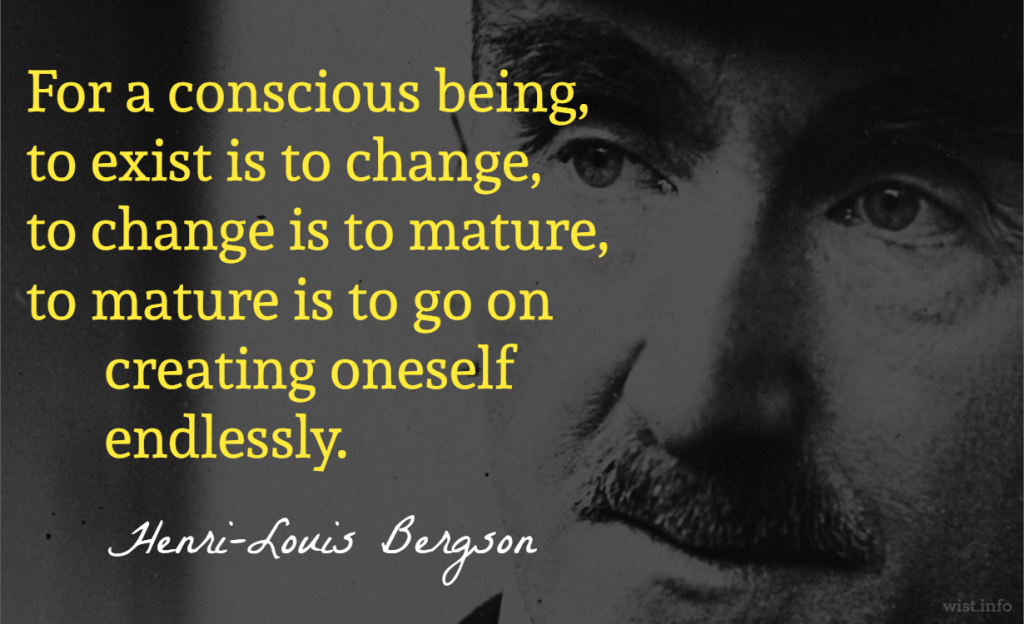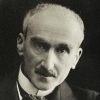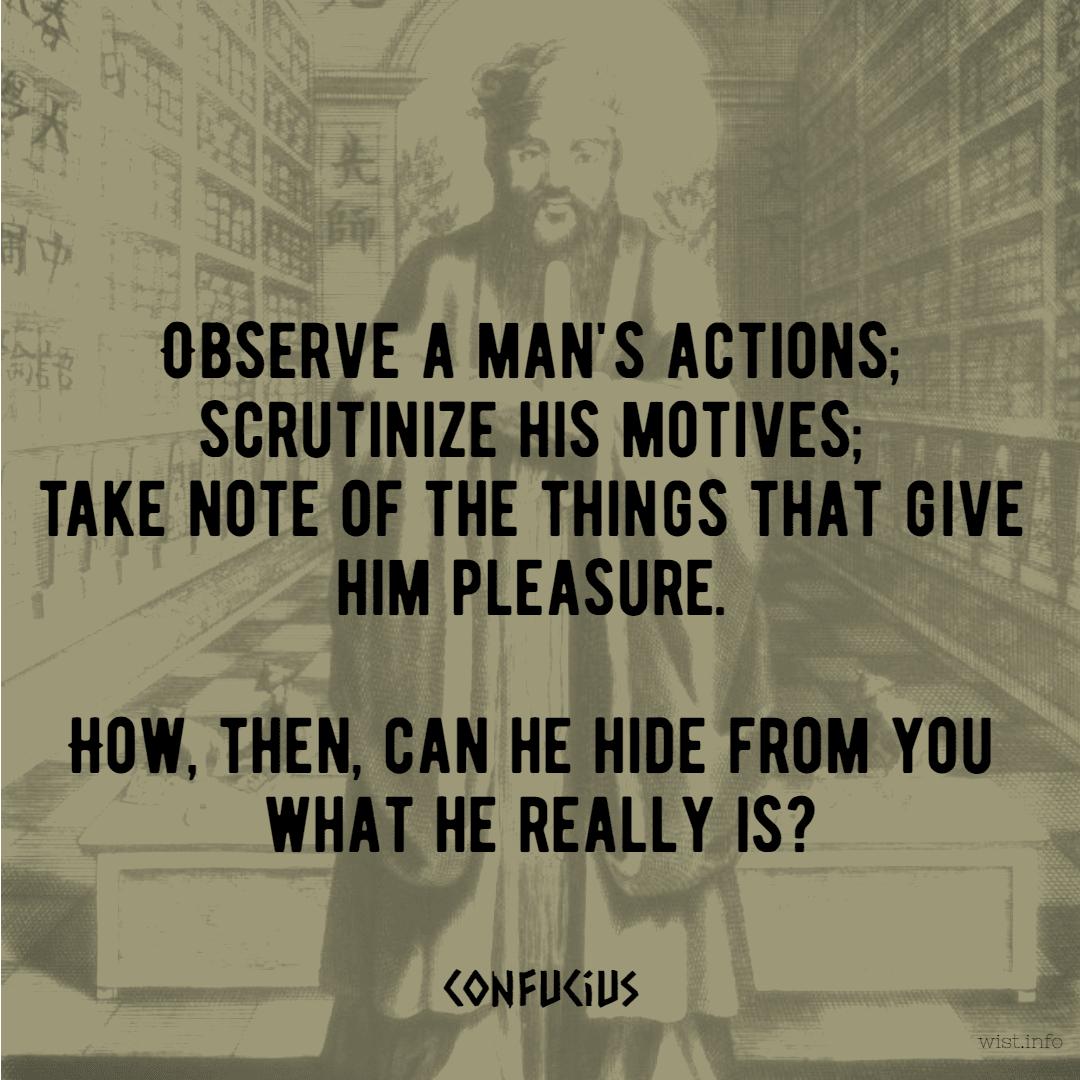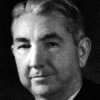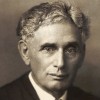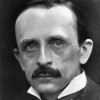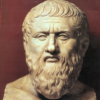Do not, on a rainy day, ask your child what he feels like doing, because I assure you that what he feels like doing, you won’t feel like watching.
Quotations about:
recreation
Note not all quotations have been tagged, so Search may find additional quotes on this topic.
Consequently, happiness is not found in amusement, for it would be also absurd to maintain that the end of man is amusement and that men work and suffer all their life for the sake of amusement. For, in short, we choose everything for the sake of something else, except happiness, since happiness is the end of a man. So to be serious and work hard for the sake of amusement appears foolish and very childish, but to amuse oneself for the sake of serious work seems, as Anacharsis put it, to be right; for amusement is like relaxation, and we need relaxation since we cannot keep on working hard continuously. Thus amusement is not the end, for it is chosen for the sake of serious activity.
Aristotle (384-322 BC) Greek philosopher
Nicomachean Ethics [Ἠθικὰ Νικομάχεια], Book 10, ch. 6, sec. 6 (10.6.6) / 1176b.28ff (c. 325 BC) [tr. Apostle (1975)]
(Source)
(Source (Greek)). Alternate translations:
Happiness then stands not in amusement; in fact the very notion is absurd of the End being amusement, and of one’s toiling and enduring hardness all one’s life long with a view to amusement: for everything in the world, so to speak, we choose with some further End in view, except Happiness, for that is the End comprehending all others. Now to take pains and to labour with a view to amusement is plainly foolish and very childish: but to amuse one’s self with a view to steady employment afterwards, as Anacharsis says, is thought to be right: for amusement is like rest, and men want rest because unable to labour continuously. Rest, therefore, is not an End, because it is adopted with a view to Working afterwards.
[tr. Chase (1847), ch. 5]
And, hence it follows, that happiness does not consist in mere amusement. For, it is inconceivable that amusement should be the end and consummation of everything, and that a man should endure a lifetime of labour and suffering, with nothing higher than amusement in view. And this would be the case, were happiness identical with mere amusement. For there is, indeed, nothing whatever upon earth which we do not choose for the sake of something else beyond itself, with the one exception of happiness -- happiness being the one end of all things els. Now, that all earnestness and toil should tend to no higher end than mere amusement, is a view of life which is worse than childish, and fit only for a fool. But the saying of Anacharsis, "play makes us fit for work," would seem to be well spoken; for it would seem that amusement is a species of rest, and that men stand in need of rest, inasmuch as continuous exertion is not possible. And, hence, rest cannot be an end in itself, inasmuch as it is only sought with view to subsequent action.
[tr. Williams (1869)]
Happiness then does not consist in amusement. It would be paradoxical to hold that the end of human life is amusement, and that we should toil and suffer all our life for the sake of amusing ourselves. For we may be said to desire all things as means to something else except indeed happiness, as happiness is the end or perfect state. It appears to be foolish and utterly childish to take serious trouble and pains for the sake of amusement. But to amuse oneself with a view to being serious seems to be right, as Anacharsis says; for amusement is a kind of relaxation, and it is because we cannot work for ever that we need relaxation. Relaxation then is not an end. We enjoy it as a means to activity.
[tr. Welldon (1892)]
Happiness, therefore, does not consist in amusement; and indeed it is absurd to suppose that the end is amusement, and that we toil and moil all our life long for the sake of amusing ourselves. We may say that we choose everything for the sake of something else, excepting only happiness; for it is the end. But to be serious and to labour for the sake of amusement seems silly and utterly childish; while to amuse ourselves in order that we may be serious, as Anacharsis says, seems to be right; for amusement is a sort of recreation, and we need recreation because we are unable to work continuously. Recreation, then, cannot be the end; for it is taken as a means to the exercise of our faculties.
[tr. Peters (1893), 10.6.6]
Happiness, therefore, does not lie in amusement; it would, indeed, be strange if the end were amusement, and one were to take trouble and suffer hardship all one's life in order to amuse oneself. For, in a word, everything that we choose we choose for the sake of something else -- except happiness, which is an end. Now to exert oneself and work for the sake of amusement seems silly and utterly childish. But to amuse oneself in order that one may exert oneself, as Anacharsis puts it, seems right; for amusement is a sort of relaxation, and we need relaxation because we cannot work continuously. Relaxation, then, is not an end; for it is taken for the sake of activity.
[tr. Ross (1908)]
It follows therefore that happiness is not to be found in amusements. Indeed it would be strange that amusement should be our End -- that we should toil and moil all our life long in order that we may amuse ourselves. For virtually every object we adopt is pursued as a means to something else, excepting happiness, which is an end in itself; to make amusement the object of our serious pursuits and our work seems foolish and childish to excess: Anacharsis' motto, Play in order that you may work, is felt to be the right rule. For amusement is a form of rest; but we need rest because we are not able to go on working without a break, and therefore it is not an end, since we take it as a means to further activity.
[tr. Rackham (1934)]
Hence happiness does not lie in amusement, since it would indeed be strange if the end were amusement and we did all the work we do and suffered evil all our live for the sake of amusing ourselves. For, in a word, we choose everything -- except happiness, since end it is -- for the sake of something else. But to engage in serious matters and to labor for the sake of amusement would evidently be silly and utterly childish. On the contrary, "amusing ourselves so as to engage in serious matters," as Anacharsis puts it, seems to be correct. For amusement is like relaxation, and it is because people cannot labor continuously that they need relaxation. End, then, relaxation is not, since it occurs for the sake of activity.
[tr. Reeve (1948)]
It follows that happiness does not consist in amusement. Indeed, it would be paradoxical if the end were amusement; if we toiled and suffered all our lives long to amuse ourselves. For we choose practically everything for the sake of something else, except happiness, because it is the end. To spend effort and toil for the sake of amusement seems silly and unduly childish; but on the other hand the maxim of Anacharsis, "Play to work harder," seems to be on the right lines, because amusement is a form of relaxation, and people need relaxation because they cannot exert themselves continuously. Therefore relaxation is not an end, because it is taken for the sake of activity.
[tr. Thomson/Tredennick (1976)]
Happiness, then, is not found in amusement, for it would be absurd if the end were amusement, and our lifelong efforts and sufferings aimed at amusing ourselves. For we choose practically everything for some other end -- except for happiness, since it is the end; but serious work and toil amed only at amusement appears stupid and excessively childish. Rather, it seems correct to amuse ourselves so that we can do something serous, as Anacharsis says; for amusement would seem to be relaxation, and it is because we cannot toil continuously that we require relaxation. Relaxation, then, is not the end, since we pursue it to prepare for activity.
[tr. Irwin/Fine (1995)]
Happiness, then, does not consist in amusement, because it would be absurd if our end were amusement, and we laboured and suffered all of our lives for the sake of amusing ourselves. For we choose virtually everything for the sake of something else, except happiness, since it is the end; but serious work and exertion for the sake of amusement is manifestly foolish and extremely childish. Rather, as Anacharsis puts it, what seems correct is amusing ourselves so that we can engage in some serious work, since amusement is like relaxation, and we need relaxation because we cannot continuously exert ourselves. Relaxation, then, is not an end, since it occurs for the sake of activity.
[tr. Crisp (2000)]
I sell my time to get enough money to buy it back.
James Richardson (b. 1950) American poet
Vectors: Aphorisms and Ten-Second Essays (2001) #151
(Source)
For a conscious being, to exist is to change, to change is to mature, to mature is to go on creating oneself endlessly.
Henri-Louis Bergson (1859-1941) French philosopher
Creative Evolution, ch. 1 (1907) [tr. Mitchell (1911)]
(Source)
Observe a man’s actions; scrutinize his motives; take note of the things that give him pleasure. How, then, can he hide from you what he really is?
[視其所以。觀其所由。察其所安。人焉廋哉、人焉廋哉]
Confucius (c. 551- c. 479 BC) Chinese philosopher, sage, politician [孔夫子 (Kǒng Fūzǐ, K'ung Fu-tzu, K'ung Fu Tse), 孔子 (Kǒngzǐ, Chungni), 孔丘 (Kǒng Qiū, K'ung Ch'iu)]
The Analects [論語, 论语, Lúnyǔ], Book 2, verse 10 (2.10) (6th C. BC – AD 3rd C.) [tr. Giles (1907)]
(Source)
(Source (Chinese)). Alternate translations:
See what a man does. Mark his motives. Examine in what things he rests. How can a man conceal his character? How can a man conceal his character?
[tr. Legge (1861)]
If you observe what things people (usually) take in hand, watch their motives, and note particularly what it is that gives them satisfaction, shall they be able to conceal from you what they are? Conceal themselves, indeed!
[tr. Jennings (1895)]
You look at how a man acts; consider his motives; find out his tastes. How can a man hide himself; how can he hide himself from you?
[tr. Ku Hung-Ming (1898)]
Observe what he does; look into his motives; find out in what he rests. Can a man hide himself! Can a man hide himself!
[tr. Soothill (1910)]
Watch a man’s means, what and how. See what starts him. See what he is at ease in. How can a man conceal his real bent?
[tr. Pound (1933)]
Look closely into his aims, observe the means by which e pursues them, discover what brings him content -- and can the man's real worth remain hidden from you, can it remain hidden from you?
[tr. Waley (1938)]
Look at the means which a man employs; consider his motives; observe his pleasures. A man simply cannot conceal himself!
[tr. Ware (1950)]
Observe a man's actions; scrutinize his motives; and study what makes him content. How can a man conceal himself?
[tr. Chai (1965)]
Look at the means a man employs, observe the path he takes and examine where he feels at home. In what way is a man's true character hidden from view? In what way is man's true character hidden from view?
[tr. Lau (1979)]
See how he operates, observe what path he follows, examine what his is satisfied with, and how can a man remain inscrutable, how can a man remain inscrutable!
[tr. Dawson (1993)]
Find out why a man acts, observe how he acts, and examine where he finds his peace. Is there anything he could still hide?
[tr. Leys (1997)]
See what a man does; contemplate the path he has traversed; examine what he is at ease with. How, then, can he conceal himself? How, then, can he conceal himself?
[tr. Huang (1997)]
See what a man does; contemplate the path he has traversed; examine what he is at ease with. How, then, can he conceal himself?
[tr. Huang (1997)]
Watching one's action, examining one's experience, and observing one's favorite. What could one hide? What could one hide?
[tr. Cai/Yu (1998)]
Watch their actions, observe their motives, examine wherein they dwell content; won't you know what kind of person they are? Won't you know what kind of person they are?
[tr. Ames/Rosemont (1998)]
See what he bases himself on, observe what he follows, find out what he si comfortable with. Where can the man hide? Where can the man hide?
[tr. Brooks/Brooks (1998)]
If you look at their intentions, examine their motives, and scrutinize what brings them contentment -- how can people hide who they are? How can they hide who they really are?
[tr. Hinton (1998)]
Look at the means a man employs, observe the basis from which he acts, and discover where it is that he feels at ease. Where can he hide? Where can he hide?
[tr. Slingerland (2003)]
Watch what he does, observe the path he follows, examine where he comes to rest -- can any person then remain a mystery? Can any person remain a mystery?
[tr. Watson (2007)]
Observe [shi] what a man does. Look into [guan] what he has done [you]. Consider [cha] where he feels at home. How then can he hide his character?
[tr. Chin (2014)]
You observe the motivation of a person's behavior and words, the approach and directions he follows, and his mental and emotional conditions. What can he hide? What can he hide?
[tr. Li (2020)]
I am convinced that every boy, in his heart, would rather steal second base than an automobile.
Tom C. Clark (1899-1977) American lawyer, US Attorney General, US Supreme Court Justice (1949-1967)
(Attributed)
Speaking of recreational programs to reduce juvenile delinquency. Quoted in Reader's Digest, Vol. 60 (1952). Restated as "I still believe that any boy would rather steal second base than an automobile" in Washington World, Vol. 3 (1963).
Undoubtedly “a full dinner pail” is a great achievement as compared with an empty one, but no people ever did or can attain a worthy civilization by the satisfaction merely of material needs, however high these needs are raised. The American standard of living demands not only a high minimum wage, but a high minimum of leisure, because we must meet also needs other than material ones.
Louis Brandeis (1856-1941) American lawyer, activist, Supreme Court Justice (1916-39)
“Hours of Labor,” speech, Civic Federation of New England (11 Jan 1906)
(Source)
Reprinted in his Business -- A Profession (1914).
Whenever the devil harasses you, seek the company of men or drink more, or joke and talk nonsense, or do some other merry thing. Sometimes we must drink more, sport, recreate ourselves, aye, and even sin a little to spite the devil, so that we leave him no place for troubling our consciences with trifles. We are conquered if we try too conscientiously not to sin at all. So when the devil says to you: “Do not drink,” answer him: “I will drink, and right freely, just because you tell me not to.” One must always do what Satan forbids.
Martin Luther (1483-1546) German religious reformer
Letter to Jerome Weller (Jul 1530)
(Source)
Alt. trans.: "We are soon defeated if we try too hard not to sin. So when the devil says ‘Do not drink’ answer him: ‘I shall drink, and right freely, just because you tell me not to!’"
You must have been warned against letting the golden hours slip by. Yes, but some of them are golden only because we let them slip.
James Barrie (1860-1937) Scottish novelist and dramatist
“Courage,” Rectoral Address, University of St. Andrews, Scotland (1922-05-03)
(Source)





